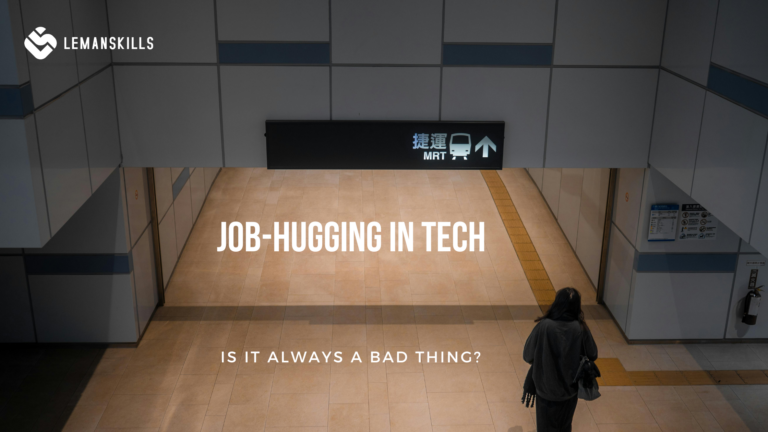As a Tech Leader, you’re tasked with guiding innovation, meeting deadlines, and managing diverse teams—all while navigating the complexities of human dynamics. It’s no small challenge. But what if I told you that some of the beliefs you hold about leadership might actually be holding you back from creating an environment where people want to stay and thrive?
Let’s take a closer look at three of the most common beliefs that I encounter when working with Tech Leaders and explore actionable solutions to shift your mindset and approach.
Belief 1: “If I’m not the expert in the room, I’ll lose respect.”
Many Tech Leaders feel immense pressure to always have the answers. After all, you’ve likely climbed the ranks because of your technical expertise. But leadership isn’t about being the smartest person in the room—it’s about enabling others to shine (it hurts, I know).
The problem is that when you focus on showcasing your expertise, you risk micromanaging or overshadowing your team’s contributions. This can stifle creativity and lead to disengagement: your people think won’t have enough space to try out new solutions, make mistakes and learn from them to build their own expertise.
Solution? Shift from being the “expert” to being the “facilitator.” Ask open-ended questions like, “What do you think we should do here?” or “How can we approach this differently?” Empower your team to take ownership of their ideas and solutions. Remember, respect is earned not by knowing everything but by fostering trust and collaboration.
Belief 2: “Feedback will demotivate my team.”
I often hear leaders say they avoid giving constructive feedback because they fear it will hurt morale. While it’s true that poorly delivered feedback can cause friction, avoiding it altogether is far more damaging in the long run.
The problem is that without feedback, your team doesn’t know where they stand or how they can improve. This ambiguity can lead to frustration, disengagement, and even turnover: all those things are not the ideal situation for you, as a leader, and for your team as well. There are very costly: losing one employee is a cost of 8-12 monthly salaries of this person (in average).
Solution? Reframe feedback as an opportunity for growth rather than criticism. Use a structured approach, even the most common ones like “Start-Stop-Continue” will be a huge help (and easy to implement):
– Start: What new behaviors or actions could help them grow?
– Stop: What habits or approaches might be holding them back?
– Continue: What are they already doing well that they should keep up?
Deliver feedback with using Communication Intelligence (CQ) muscle, tailor the communication to your employee’s needs, be specific, and always tie it back to their potential and goals.
Belief 3: “People leave because of better opportunities, not because of me.”
It’s easy to blame external factors when someone leaves your team—higher salaries, exciting projects elsewhere, or personal reasons. While those factors do play a role, research consistently shows that people leave managers, not companies.
The problem is that assuming turnover is out of your control absolves you of responsibility for creating a supportive environment. This mindset prevents you from addressing underlying issues within your team dynamic.
Solution? Conduct regular one-on-one check-ins where you ask questions like:
– “What’s one thing I could do to support you better?”
– “Do you think that you’re challenged and fulfilled enough in your role? If not, what can we do to move a needle here?”
– “What’s your long-term vision, and how can I help you get there?”
By showing genuine interest in your team’s well-being and career aspirations, you’ll build loyalty and reduce turnover. It’s not so obvious to have a leader that actually care and think about their employees’ in more holistic approach.
The bottom line
Leadership is as much about unlearning as it is about learning. By challenging these common beliefs and adopting a more people-centric mindset, you’ll not only become a stronger leader but also create a work environment where people feel valued and inspired to stay.
Remember: great leaders don’t just manage tasks—they cultivate trust, growth, and connection. That’s the kind of environment people don’t want to leave.
Ready to challenge more leadership beliefs? Go and listen to the latest episode of Leman Tech Leadership Podcast!




